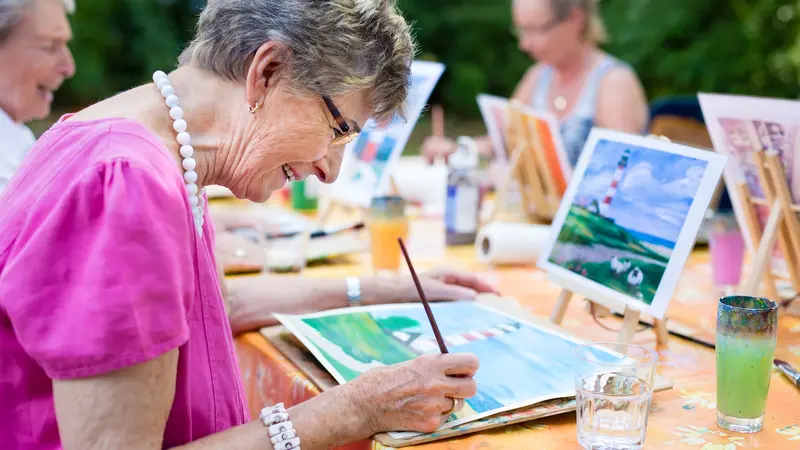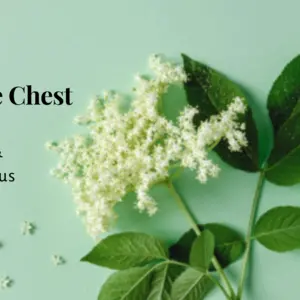

WELLthier Living and Aging

WELLthier Living and Aging
Art Therapy for Mild Neurocognitive Disorders
Approximately half of all patients diagnosed with mild neurocognitive disorders (NCD) will progress to major NCD within three years. Because pharmaceutical treatments are not recommended for mild NCD, there is great interest in exploring other treatments to slow the progression. A new study, presented at the 2021 American Psychiatric Association annual meeting, found art therapy (AT) provides lasting benefits for NCD.
The randomized controlled trial, conducted in Singapore, delivered an art therapy program, over a nine-month period, to community-living seniors with mild cognitive impairment. Participants attended weekly art therapy sessions led by trained therapists for three months, followed by sessions every two weeks for six months. The sessions alternated between viewing and discussing preselected artwork from national art museums and ones where participants created their own artwork inspired by specified themes, which were then presented to the rest of the group for discussion.
After three months, the art therapy group showed improvements in domains of cognitive function that include perception, memory, learning, attention, decision making, and language abilities. The art therapy group also improved on two specific measures of memory: list learning and digit span forward—the ability to remember a list of words or a sequence of numbers. After nine months, these improvements were sustained.
The researchers concluded, “This pilot RCT [randomized controlled trial] supports the effectiveness of AT, delivered as ‘art as therapy’ and ‘art psychotherapy,’ in older persons with mild NCD. Both short-term gains and sustained improvements at 9 months of the intervention were found.”
Researchers believe the results of this small-scale study could lead to larger studies to explore additional variables related to art therapy.
REFERENCES
Psychiatry Advisor. (2021, May 6). Art therapy is effective treatment for mild neurocognitive disorder. https://www.psychiatryadvisor.com/home/conference-highlights/apa-2021/art-therapy-produces-short-te…


 By
By







